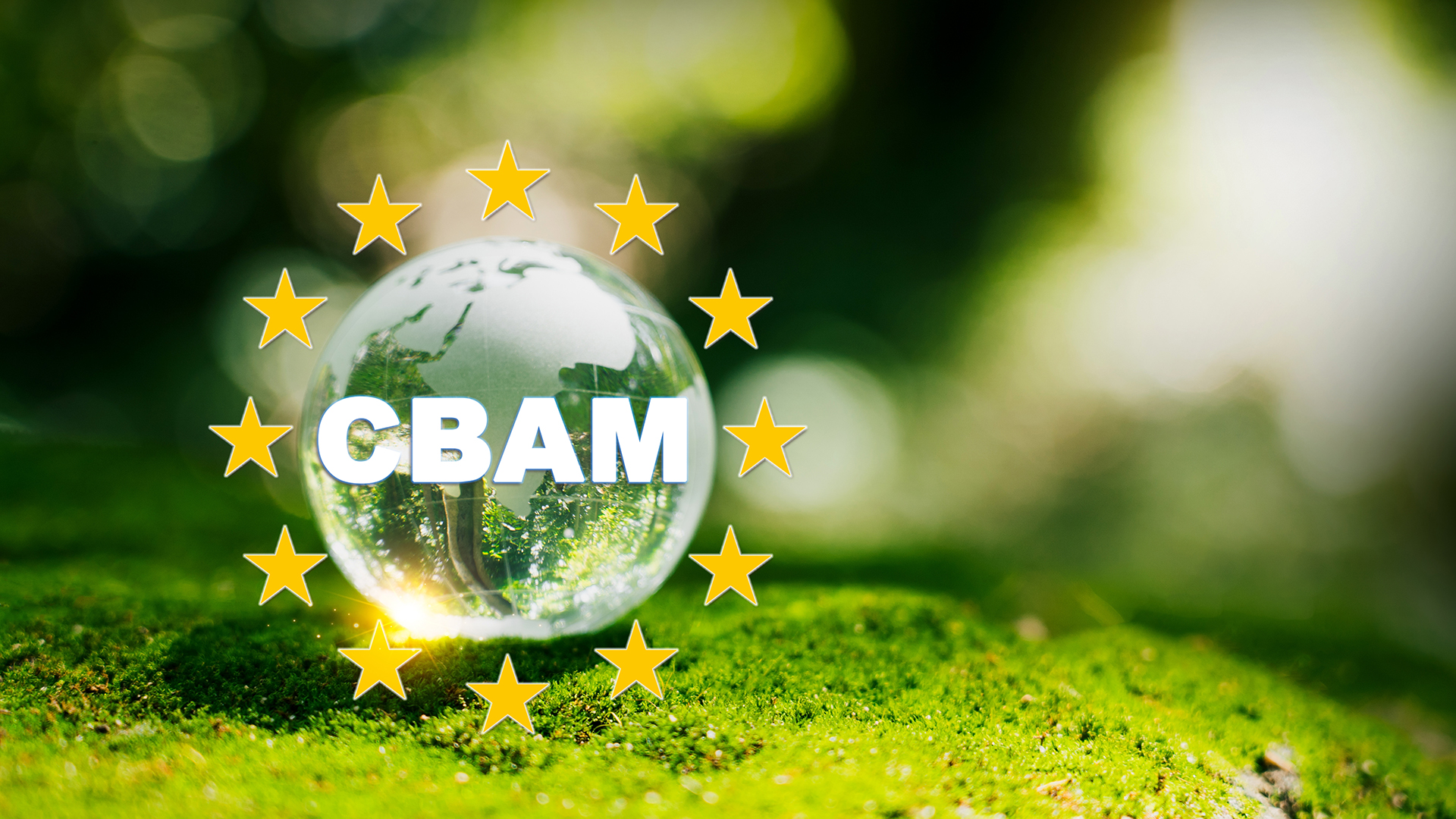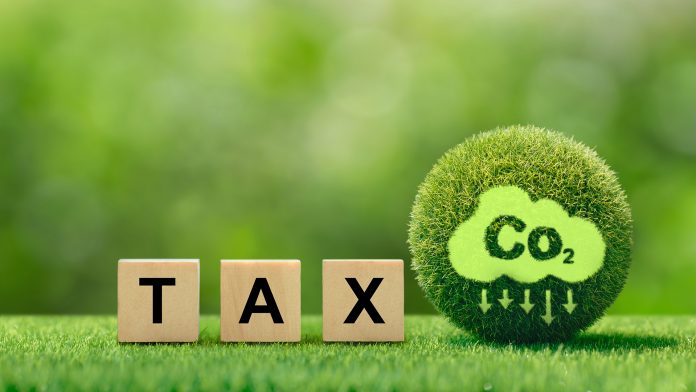The UK is gearing up to implement a revolutionary initiative aimed at imported goods originating from countries with lower or absent carbon pricing.
By 2027, these products will encounter a levy, harmonising their carbon pricing with goods produced within the UK.
This strategic move is designed to maintain equitable carbon costs for both domestically manufactured and imported products.
Combatting carbon leakage
The UK has been at the forefront of the decarbonisation movement, leading the charge by enacting legislation to achieve net-zero emissions.
However, the UK acknowledges the limitations of solely focusing on domestic efforts. There is recognition that such efforts might inadvertently lead to increased emissions abroad, a phenomenon known as ‘carbon leakage.’
Introducing the Carbon Border Adjustment Mechanism (CBAM)
Enter the Carbon Border Adjustment Mechanism (CBAM), a targeted approach aimed squarely at highly traded, carbon-intensive products.
Sectors like iron, steel, aluminium, fertilisers, hydrogen, ceramics, glass, and cement are in the CBAM’s crosshairs. Its primary objective is to curb carbon leakage, thereby preventing the displacement of production and emissions to countries without stringent carbon pricing policies.
The levy applied through CBAM will be contingent upon the carbon footprint of the imported product and the disparity between carbon pricing in the exporting country and those faced by UK producers.
This strategic move aims to ensure that investments made by UK industries in decarbonisation genuinely contribute to a global reduction in emissions.

Jeremy Hunt, the UK’s Chancellor of the Exchequer, commented: “This levy will make sure carbon-intensive products from overseas – like steel and ceramics – face a comparable carbon price to those produced in the UK so that our decarbonisation efforts translate into reductions in global emissions.
“This should give UK industry the confidence to invest in decarbonisation as the world transitions to net zero.”
Responding to industry concerns
This pivotal decision follows a government response to a consultation, wherein 85% of respondents highlighted carbon leakage as a present or future risk to their decarbonisation efforts.
Concerns arise from the varying global pace in adopting climate policies, potentially resulting in the shifting of UK emissions rather than contributing to a global reduction.
The government plans to conduct further consultations on CBAM design and implementation in 2024. Stakeholders and trade partners – including developing nations and affected businesses – will be engaged to mitigate trade impacts and ensure compliance.
A holistic approach to decarbonisation
In tandem with CBAM, proposals to adjust the UK Emissions Trading Scheme (ETS) have been unveiled.
Authorities within the scheme are considering targeting free carbon allowances to high-risk industries, aligning efforts to combat carbon leakage.
Additionally, a substantial £20bn investment in carbon capture and storage development underscores its dedication to industrial decarbonisation.
The UK’s initiative to implement a Carbon Border Adjustment Mechanism represents a pioneering step toward global emission reduction.
It aims to ensure that environmental efforts within the UK contribute meaningfully to the broader goal of achieving net zero emissions on a global scale through equitable carbon pricing.









